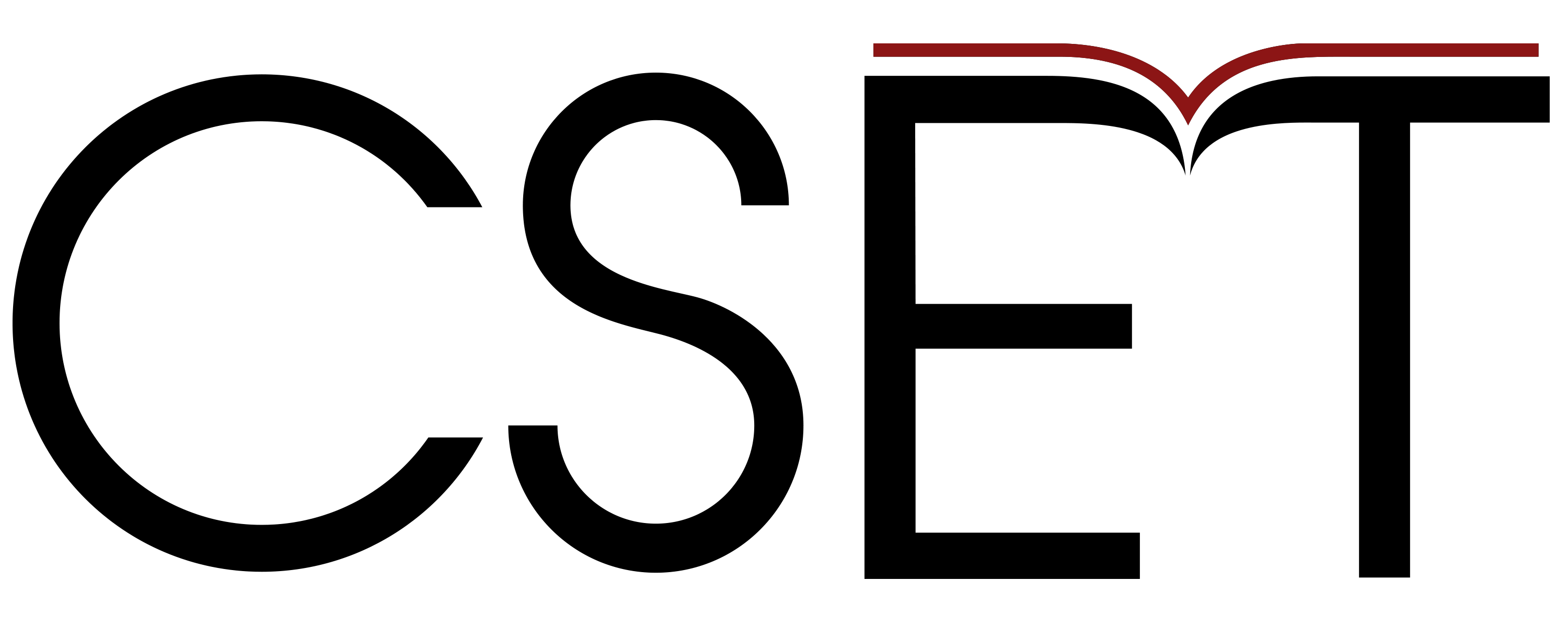2003
Achinstein, B. (2003). Mentors reframing new teachers’ views of students. Reflections Journal, 6(2), 8-16.
Hammond, D., Lambati, D, & O’Hara, S. (2003). Designing an exemplary model for technology infusion within a teacher preparation program. In C. Crawford et al. (Eds.), Proceedings of the Society for Information Technology and Teacher Education International Conference (pp. 3744-3747). Chesapeake, VA: Association for the Advancement of Computing in Education.
Athanases, S., & Achinstein, B. (2003). Focusing new teachers on individual and low performing students: The centrality of assessment in the mentor’s repertoire of practice. Teachers College Record, 105(8), 1486-1520.
Simon, S., Osborne, J., & Erduran, S. (2003). Systemic teacher development to enhance the use of argumentation in school science activities. In J. Wallace & J. Loughran (Eds.), Leadership and professional development in science education: New possibilities for enhancing teacher learning (pp.198-217). London & New York: RoutledgeFalmer.
Huang, C. (2003). Changing learning with new interactive and media-rich learning environments: Virtual labs case study report. Computerized Medical Imaging and Graphics, 27, 157-164.
Osborne, J. F., Ratcliffe, M., Collins, S., Millar, R., & Duschl, R. (2003). What ‘ideas-about-science’ should be taught in school science? A Delphi study of the ‘expert’ community. Journal of Research in Science Teaching, 40(7), 692-720.
Osborne, J. F., Simon, S., & Collins, S. (2003). Attitudes towards science: A review of the literature and its implications. International Journal of Science Education, 25(9), 1049-1079.
2002
Duschl, R. A., & Osborne, J. (2002). Supporting and promoting argumentation discourse in science education. Studies in Science Education, 38, 39-72.
Achinstein, B. (2002). Community, diversity, and conflict among schoolteachers: The ties that blind. New York: Teachers College Press.
Grossman, P. L. (2002). English education. In J. W. Guthrie (Ed.), The encyclopedia of education (2nd ed.). New York: Macmillan Press.
Achinstein, B. (2002). Conflict amid community: The micropolitics of teacher collaboration. Teachers College Record, 104(3), 421-455.
Borko, H., Elliott, R., & Uchiyama, K. (2002). Professional development: A key to Kentucky’s educational reform effort. Teaching and Teacher Education, 18, 969-987.
Osborne J. F. (2002). Learning and teaching about the nature of science. In S. Amos, & R. Boohan (Eds.), Aspects of teaching secondary science (pp. 176-189). London: RoutledgeFalmer.
Osborne, J. F. (2002). Science without literacy: A ship without a sail? Cambridge Journal of Education, 32(2), 203-215.
Osborne J. F. (2002). Learning science without practical work? In S. Amos, & R. Boohan (Eds.), Aspects of teaching secondary science (pp. 229-237). London: RoutledgeFalmer.
Osborne, J. F., & Ratcliffe, M. (2002). Developing effective methods of assessing ideas and evidence. School Science Review, 83(305), 113-123.
Osborne, J. F. (2002). Hacia una educación científica para una cultura científica. In M. Bennloch (Ed.), La educación en scencias: Ideas para mejorar su práctica (pp. 31-68). Barcelona: Paidos.
